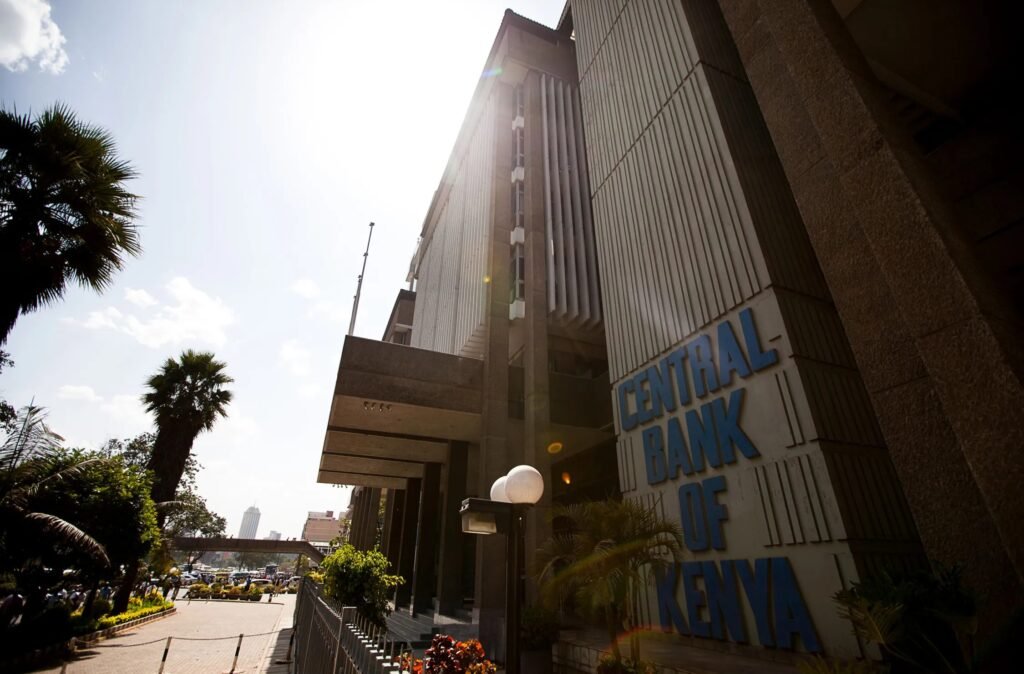The Central Bank of Kenya (CBK), through the Monetary Policy Committee (MPC), has taken decisive action to stimulate economic growth by lowering the Central Bank Rate (CBR) from 12.75% to 12%, signaling a shift towards a more accommodative monetary policy stance.
This decision comes against a backdrop of mixed economic signals. While the overall inflation has shown a promising decline, decreasing to 3.6% in September from 4.4% in August, the country’s economic growth has experienced a noticeable slowdown.
According to data from the CBK, on the second quarter of 2024, the GDP growth rate stood at 4.6%, a decrease from the 5.6% recorded in the same period last year.
According to Dr. Kamau Thugge, the Governor of the CBK, the lowering of the key lending rate is aimed at supporting economic activity while maintaining exchange rate stability. For many Kenyans, this policy shift could mean easier access to credit, potentially spurring business growth and job creation.
The MPC’s decision to lower the CBR also comes in response to a sharp deceleration in credit to the private sector. Growth in commercial bank lending to private entities stood at just 1.3% in August 2024, a significant drop from 3.7% in July. The reduction can be attributed to the concerning trend in non-performing loans (NPLs) in the banking sector.
Despite, the sector remaining stable with strong liquidity and capital adequacy ratios, the ratio of gross NPLs to gross loans increased to 16.7% in August 2024, up from 16.3% in June.
This rise in NPLs, particularly in sectors such as transport, communication, and real estate, suggests ongoing challenges for businesses and individuals in meeting their financial obligations.
As some sectors experience challenges, others such as export sector have been thriving. Goods exports saw an impressive increase of 8.8% in the twelve months leading up to August 2024, compared to the previous year.
This was primarily driven by increased exports of agricultural commodities, particularly tea and vegetables, as well as a significant surge in re-exports. The tourism sector also showed signs of recovery, with tourist arrivals improving by 21% over the same period.
The committee will be closely monitoring the impact of these measures, as well as global and domestic economic developments.
With the next MPC meeting scheduled for December 2024, all eyes will be on how these policy decisions shape the country’s economic trajectory in the coming months. And whether they can steer it towards sustainable and inclusive growth.


